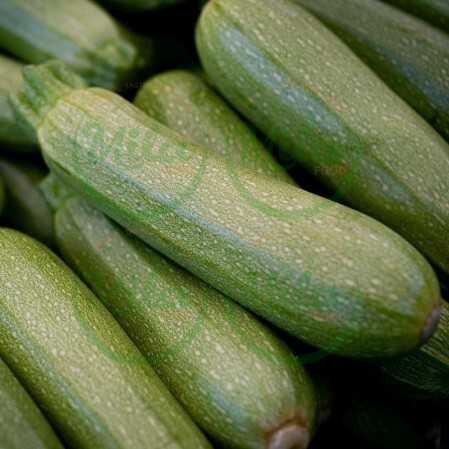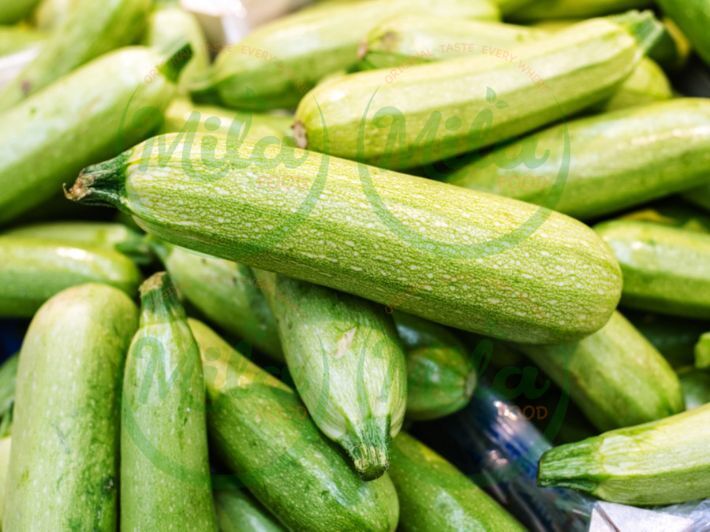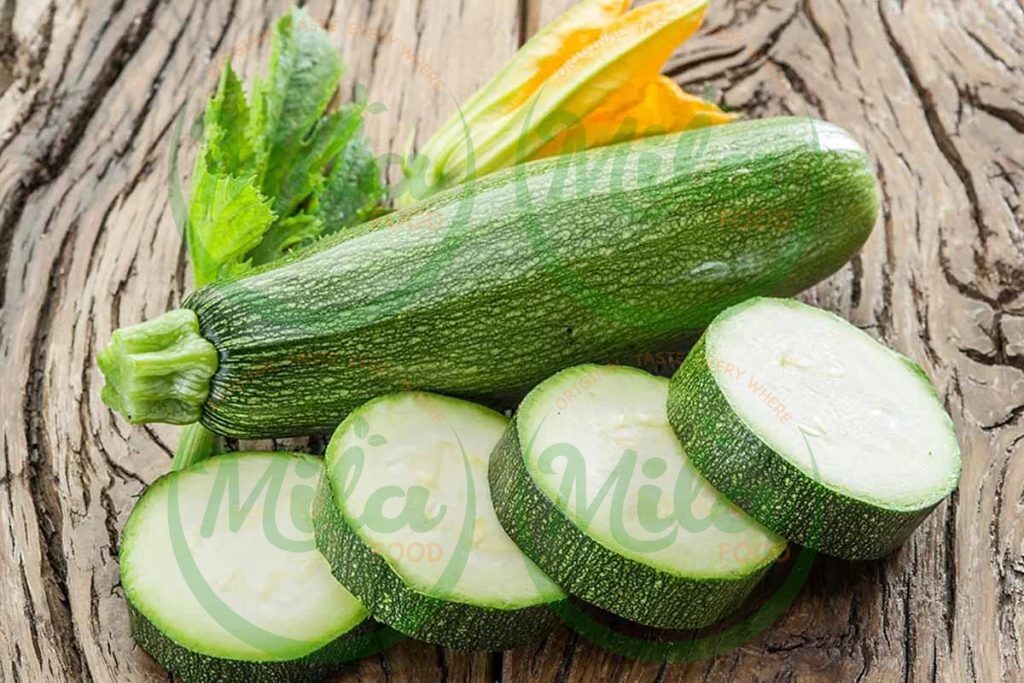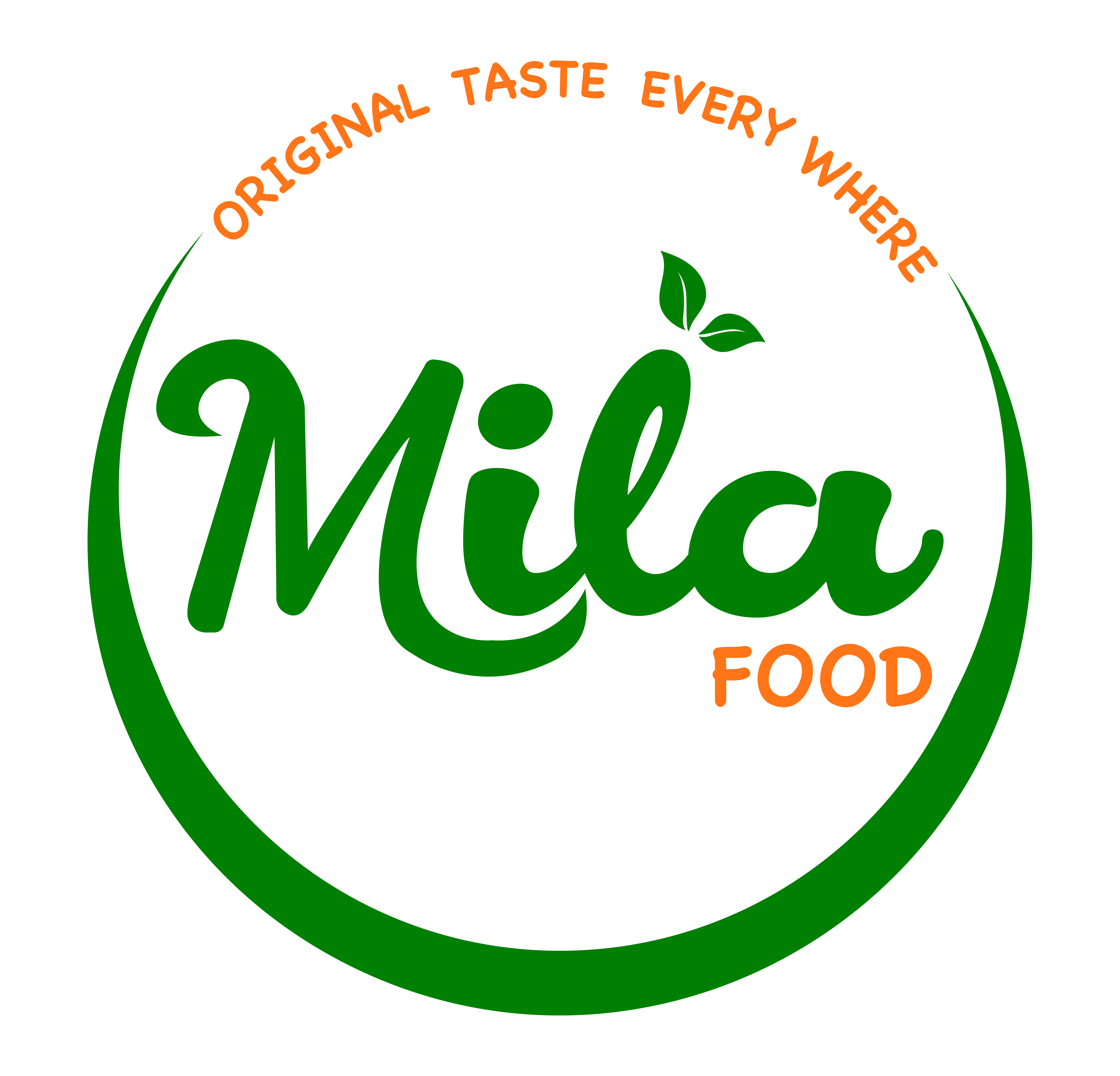


Egyptian zucchini, where versatility and flavor converge to create culinary magic. With a rich history dating back centuries and a bounty of nutritional benefits, zucchini has become a beloved staple in Egyptian cuisine. Join us as we unravel the story, culinary uses, and health advantages of this versatile and nutritious vegetable.
History and Origins: Egyptian zucchini, scientifically known as Cucurbita pepo, has deep roots in Egyptian agriculture and culinary traditions. Originating from Central America, zucchini made its way to Egypt through trade routes, adapting to the fertile soils of the Nile Delta. References to zucchini cultivation and consumption can be found in ancient Egyptian texts and culinary practices, highlighting its enduring popularity and cultural significance. Today, Egyptian zucchini continues to thrive, embodying a legacy of culinary excellence and nutritional value.
Appearance and Flavor Profile: Characterized by its elongated shape and vibrant green skin, Egyptian zucchini offers a mild flavor and tender texture. Its flesh is delicate and slightly sweet, making it a versatile ingredient in a variety of dishes. Whether sliced, diced, or spiralized, zucchini adds depth and richness to soups, stews, salads, and stir-fries.
Culinary Uses and Applications: Egyptian zucchini is prized for its culinary versatility, lending itself to a multitude of dishes and cooking methods. It can be sautéed with garlic and herbs for a simple side dish, grilled to perfection and drizzled with olive oil for a smoky flavor, or stuffed with savory fillings for a hearty entrée. Zucchini also shines in pasta dishes, where it can be spiralized into noodles or sliced into ribbons to create a nutritious and satisfying alternative to traditional pasta.
Nutritional Benefits: Beyond its culinary appeal, Egyptian zucchini offers a plethora of nutritional benefits. It is low in calories and rich in essential vitamins, minerals, and antioxidants. Zucchini is an excellent source of vitamin C, vitamin A, potassium, and dietary fiber, which support immune function, eye health, and digestive health. Additionally, its high water content helps keep the body hydrated and promotes overall well-being. Incorporating Egyptian zucchini into your diet can help boost your intake of essential nutrients while adding a delicious and nutritious element to your meals.
Cultivation and Sustainability: Egyptian zucchini is cultivated using sustainable agricultural practices in the nutrient-rich soils of the Nile Delta. Farmers employ traditional methods such as crop rotation and organic fertilization to maintain soil health and biodiversity. By prioritizing sustainability, Egyptian zucchini cultivation ensures the preservation of local ecosystems while meeting the nutritional needs of communities.

